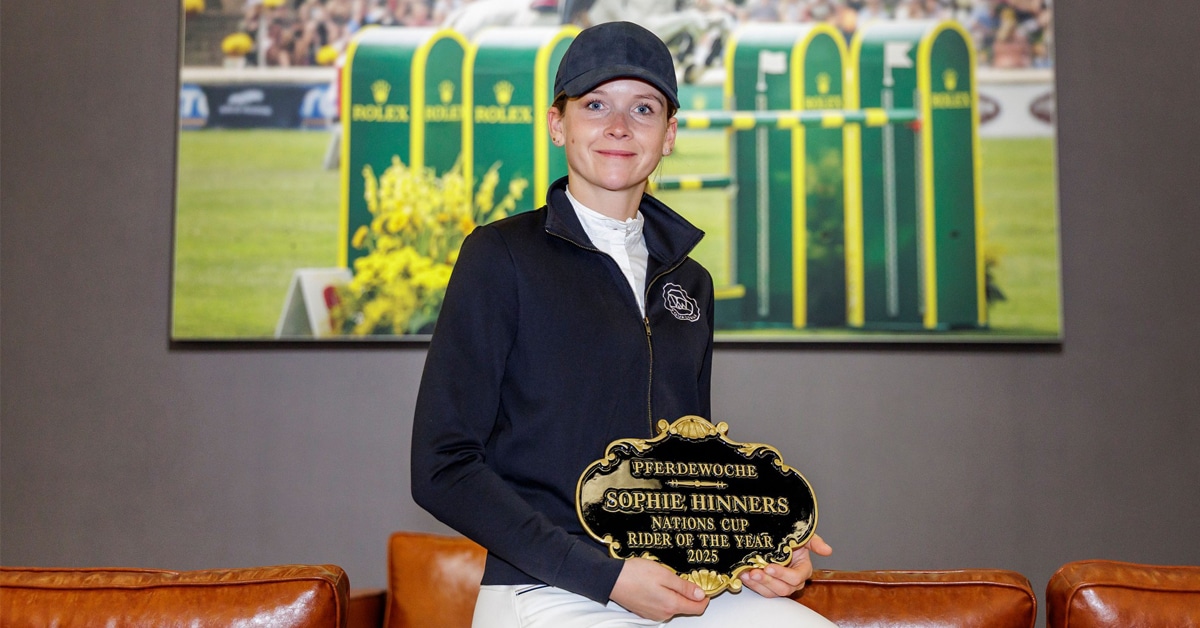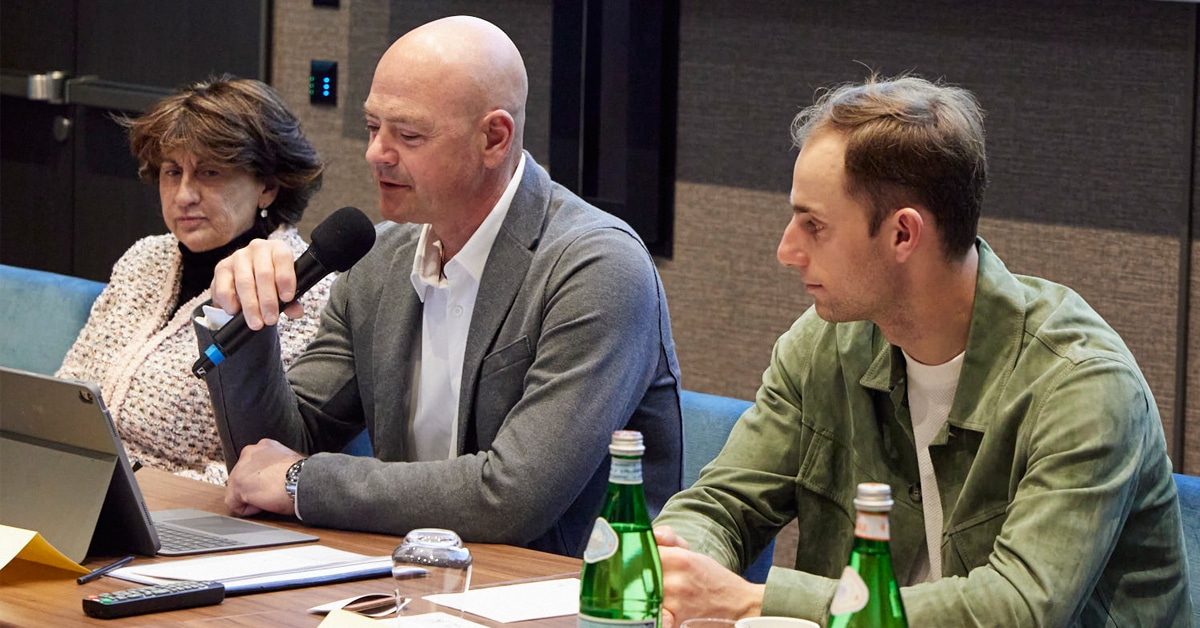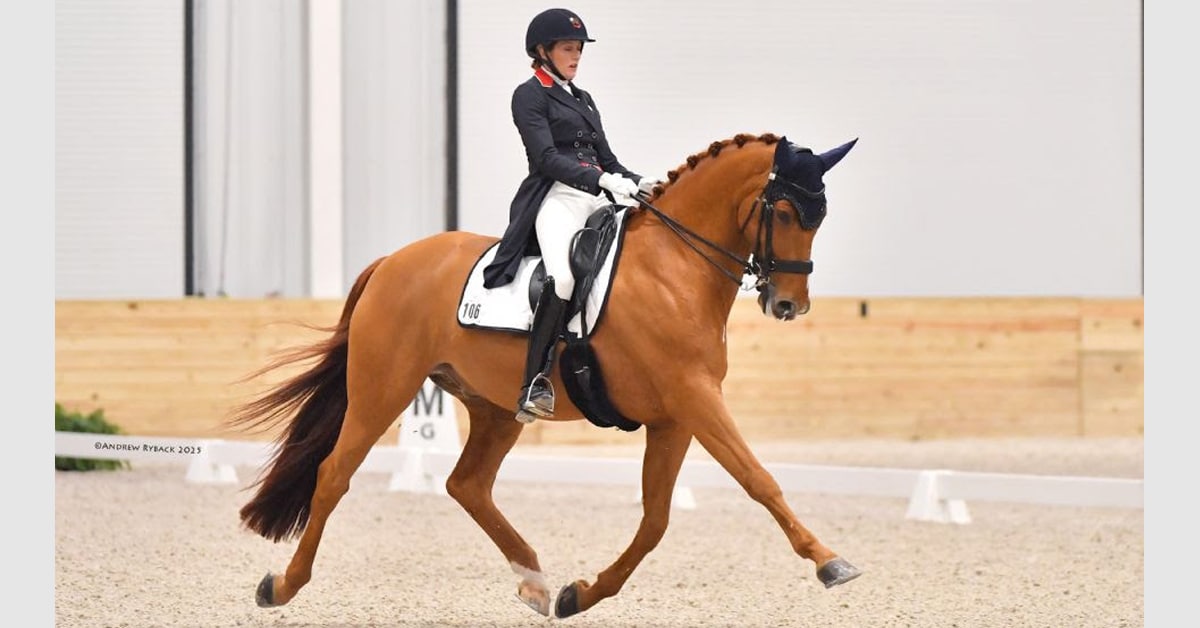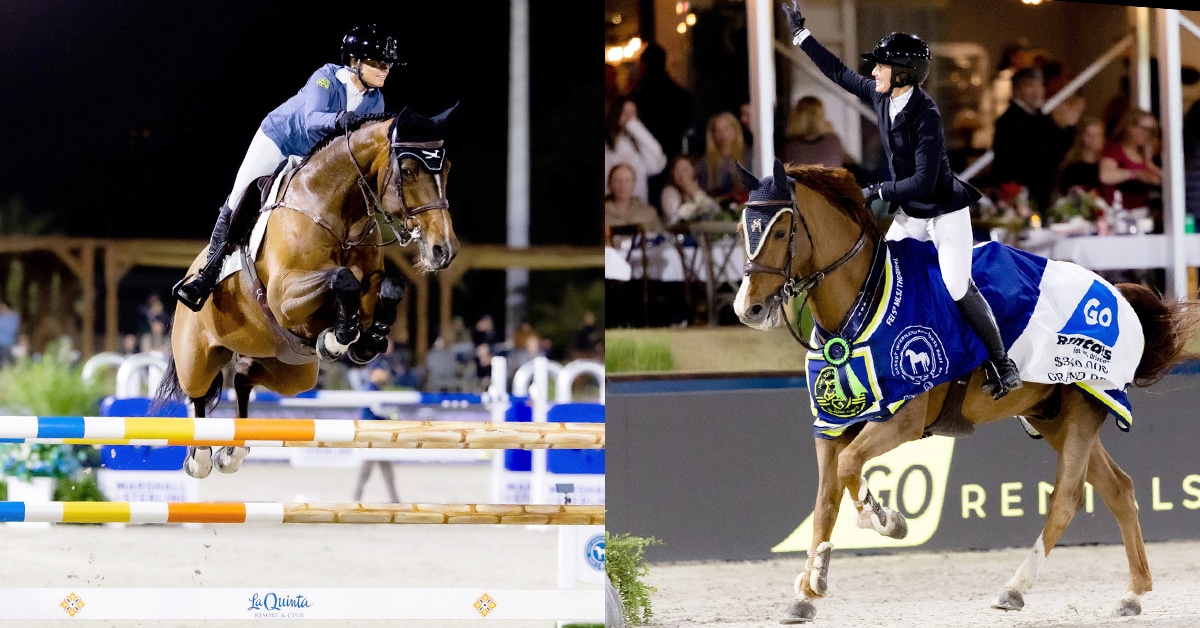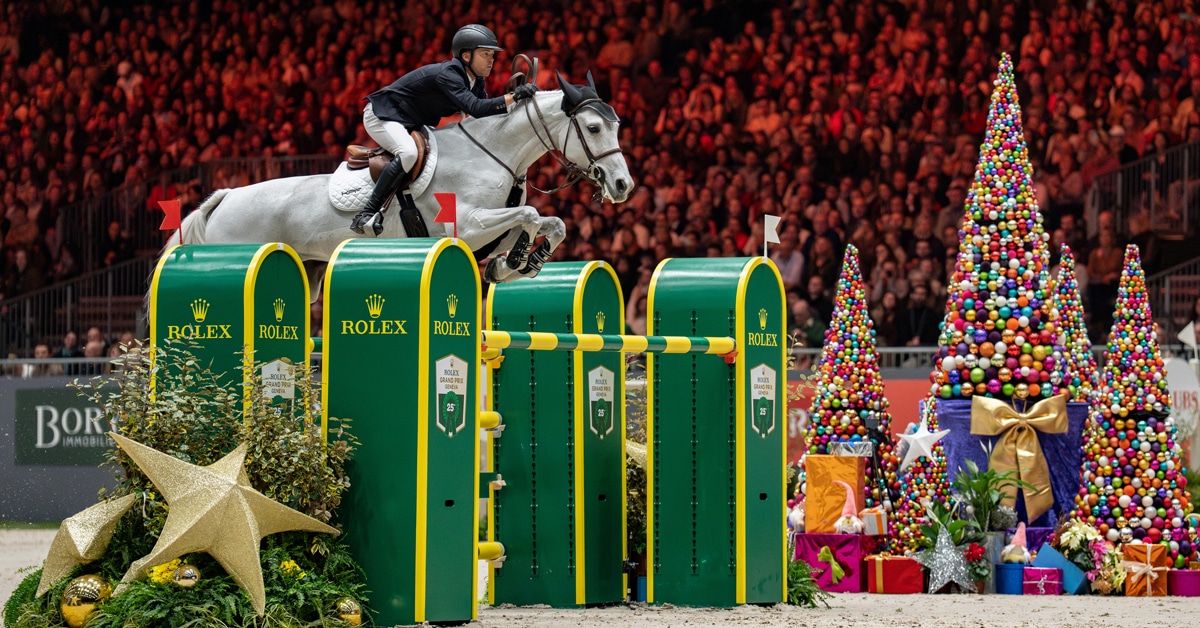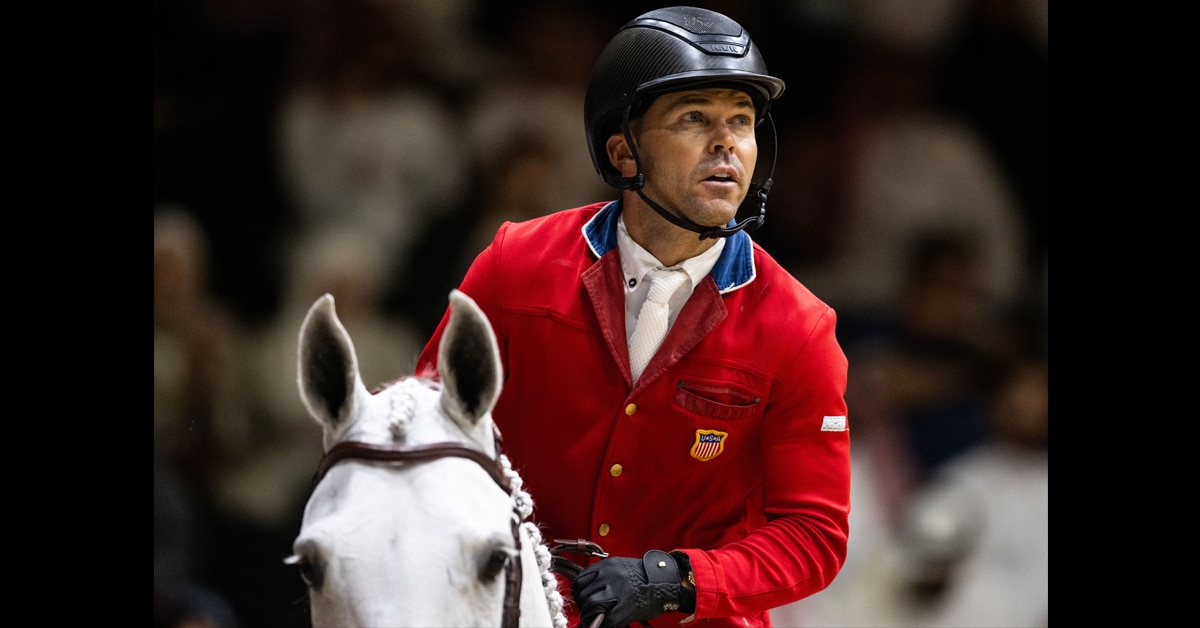International riders have only until October 31 to vote for their rider representatives on the FEI sport committees, but for many it has been an academic exercise due to the lack of candidates.
German eventing legend Bettina Hoy, dressage’s Yvonne de Losos Muniz of the Dominican Republic, vaulting’s Lambert Lerclezio of France and driving’s Franz Schiltz of Luxembourg are the only candidates in their respective disciplines, and so are set to take up their new roles unopposed for the next four years.
For the jumping committee, the politically experienced Rodrigo Pessoa has one rival, but this is Russia’s Vladmir Tuganov who, like all Russians, is indefinitely suspended from FEI participation because of the invasion of Ukraine.
Pessoa is well known as an effective campaigner, and speaks six languages. He won the first athletes’ election for jumping in 2014, had previously served on the FEI jumping committee and is a past president of the International Jumping Riders Club. He invariably takes a lead on hot topics, most recently speaking out against the changes to the Olympic format.
As well as her considerable riding experience, Hoy is now involved in judging and coaching elite level riders around the world. She said: “I believe I can bring a strong rider voice on behalf of all nations, and most importantly, use this together with the FEI to actively bring about change on behalf of the riders, at a time when change is inevitable, but must have a positive outcome for riders and their profession.”
A board member of the International Dressage Riders Club, de Losos-Muniz says, “As a rider from a non-traditional dressage nation I am well aware of the frequent challenges that riders from similar countries face. At the same time, having taken part in so many events in Europe and North America… this unique personal experience will certainly allow me to be a qualified voice for all athletes in our sport, and to provide insight and balanced, constructive suggestions to our governing bodies that will allow dressage to develop and strengthen around the world.”
The discipline with the most candidates is, not surprisingly, endurance, as riders continue to rail against tougher FEI rules that have impacted the cost of running rides and qualifying around the world, because of cheating and horse welfare issues mostly in the Middle Eastern territories. Partway through his term, the elected endurance athlete from 2018, Tarek Taher, stood down. US rider and distinguished veterinarian Meg Sleeper was appointed to replace him and is now seeking election in her own right.
There are five other endurance candidates whose mission statements vary considerably in content and length:
- Ireland’s Tom McGuinness, who says he is a true amateur with no vested interest who has “personally suffered the unintended consequences of some of the knee-jerk decisions and short-term thinking by people who have not been on the front line.”
- Romania’s Dr Radu Ciubic, who says that to some, “the name of Endurance became similar to horse abuse… this is not the reality and the whole world of athletes, trainers and horse enthusiasts know that is a dark sign generalized upon them.” He believes he can “promote this sport to the level an credibility that it deserves and return the name of it to the rightful place along the horse disciplines.”
- Switzerland’s Barbara Lissarague;
- Germany’s Sabrina Arnold;
- Belgium’s Peter Bastijns.
There are two candidates for para-equestrian – Iker Beitia-Astondoa of Spain and Erin Orford of Britain.
Strong candidates cannot be complacent: in the 2014 previous election for the dressage representative, the clear favourite Laura Tomlinson (nee Bechtolsheimer) lost out to the relatively unknown Italian Anna Paprocka Campanella who had conducted an active campaign on social media.
It is unclear whether for the 2022 elections some riders have agreed to stand down in favour of a clear single candidate, or whether the small numbers are symptomatic of ongoing disinterest in the four-yearly elections. The option for riders to choose their own representatives on the FEI sport committees was introduced in 2014 to give them the same voice in rule-making that athletes enjoy in other Olympic sports. But from the first equestrian athlete elections the FEI had difficult engaging the riders, with just 431 of the 10,855 eligible bothering to vote.
All candidate information available here.
More News
